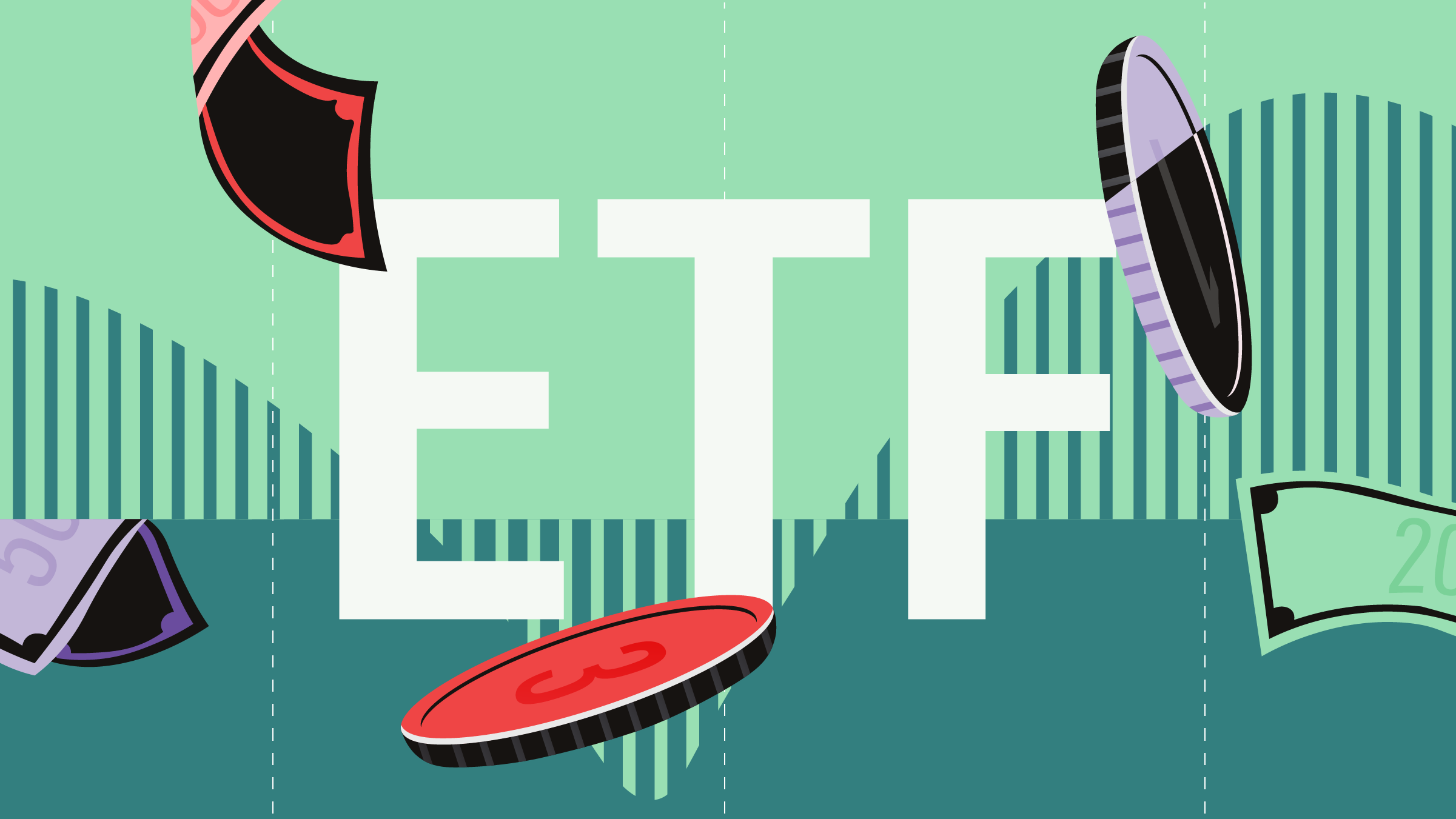Ashley Redmond: I’m here with John Gabriel, ETF Analyst. John, thanks so much for being here.
John Gabriel: My pleasure.
Redmond: So, as many of you watching probably know, the Canadian financial services industry has been under a lot of scrutiny lately. There have been a lot of complaints launched, mostly about the fees charged by financial advisors and brokers, and basically at this point people are concerned about the professional standards that we hold our investment advisors to in Canada.
Gabriel: Yeah, we know that's certainly the case. I mean, there has been a lot of attention on the financial services industry, in particular, in Canada. I’ve given the issue a lot of thought, and initially I was thinking that a fiduciary standard would be the way to go especially in light of what's going on in Australia and the United Kingdom, where they’re passing legislation that’s effectively banning commission-based practices and even in the U.S. it's a debate. So, it is something that definitely deserves consideration.
Redmond: Do you think that more rules and regulations would be the answer?
Gabriel: You know, I used to but not really anymore. I think that it boils down to this; you can’t really legislate morality, right? It's a people business, a relationship business, regulations for the sake of regulation really, it doesn't do much if it’s checking the box, as it boils down to trust really.
Redmond: I know you wrote a Your Advisor and You article, which got a lot of traffic on our website, and at the conference you attended, someone asked a specific question which your article was based around and we got tons of feedback on it. So, do you want to talk about the question, maybe we could read it?
Gabriel: Sure. Yeah, absolutely, and this is really what changed my mind. It was a little bit of a shocker. So, at the conference at a behavioural finance session, some of the biases we have as investors was being discussed, and this one question I had to write it down. It was, ‘Assuming that we advisors are in the business of enriching ourselves, wouldn't it be in our best interest to keep these behavioural finance concepts from our clients and not discuss them so that we can profit from exploiting them?’
Redmond: Someone asked that in front of the entire conference audience?
Gabriel: Right an advisor of conference -- an advisor conference, so industry professionals. So, it was a shocker.
Redmond: So for people watching who do have advisors or if they do have any concerns, what are some things they can do?
Gabriel: Yeah, well don't be afraid to ask the difficult questions. Like I said, it's a relationship business and you can decide, you are in control of who you work with, and if you have worked with an advisor in the past, you can look at things like how they have managed their assets in the past, things like portfolio turnover. If you see things like excessive turnover that's creating a lot of transactions and some fees based on that and it's deteriorating your performance, then that's a kind of red flag, right? Then also the philosophy, right; does the investment strategy match your risk tolerance and is he being realistic really or promising to shoot the moon? So, all those things can help you develop the sense of comfort with your advisor.
Redmond: Is it imperative to feel comfortable with your advisor?
Gabriel: Yeah, absolutely. Then also the fees too, so I mean if you've worked with an advisor you can see how the fees are presented to you at the time where you started the relationship and maybe you take a couple of years later and see how have those fees actually played out. I mean, does it match up or is there something going on?
Redmond: Great. Thanks so much, John.
Gabriel: My pleasure.
Redmond: To check out John's article, go to the Personal Finance section on Morningstar.ca.


















